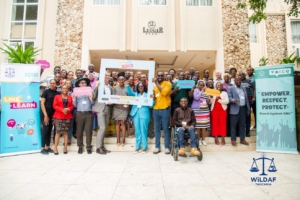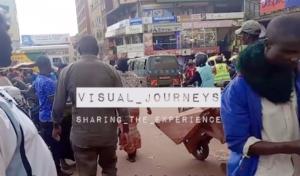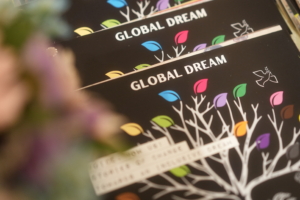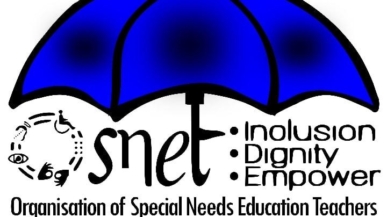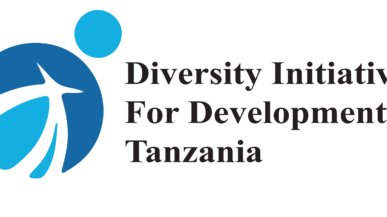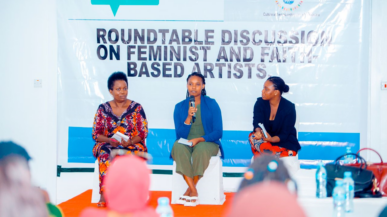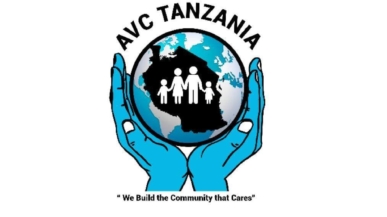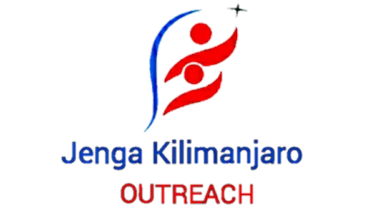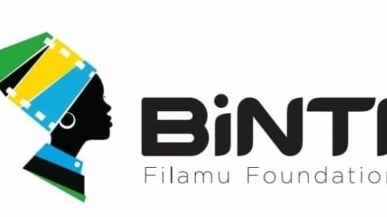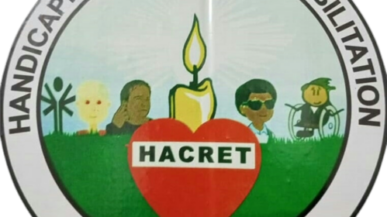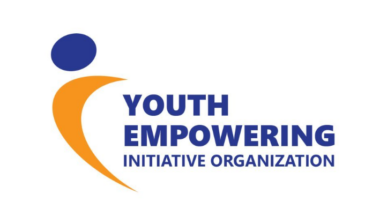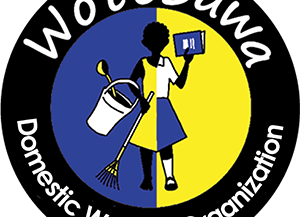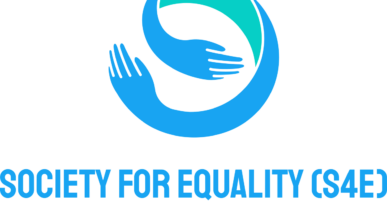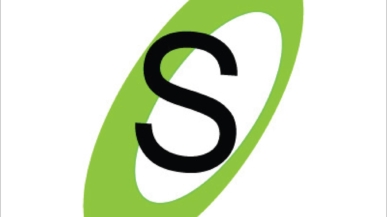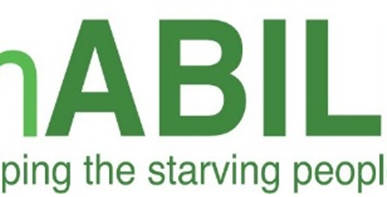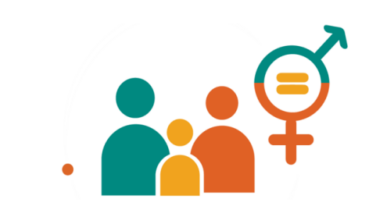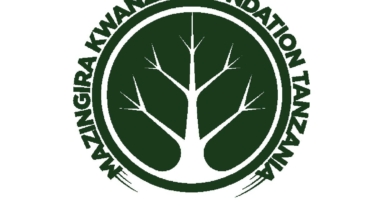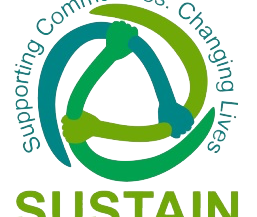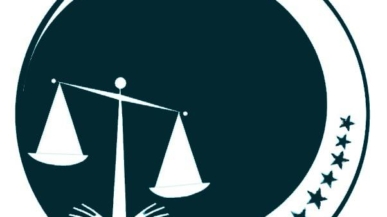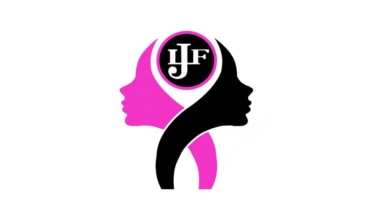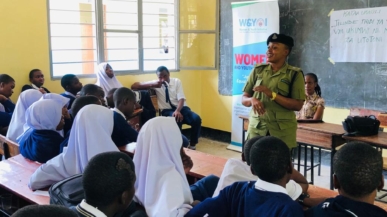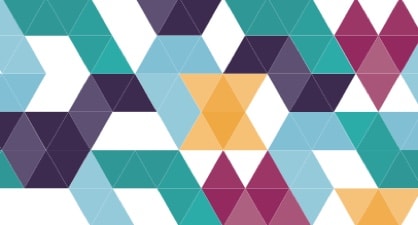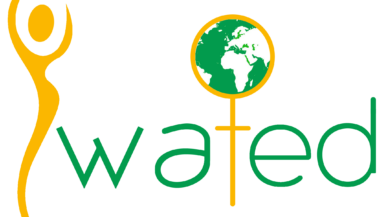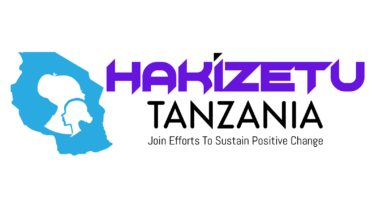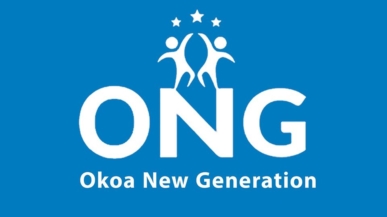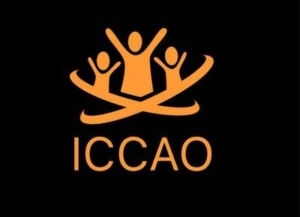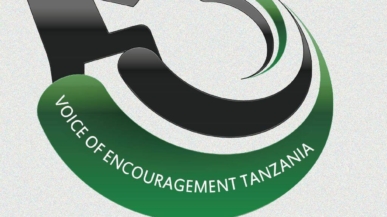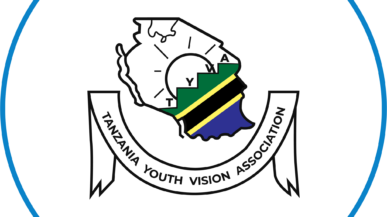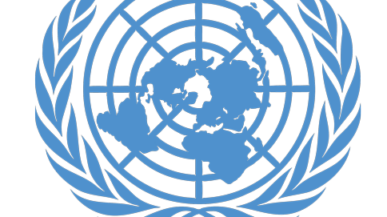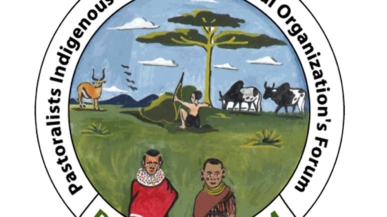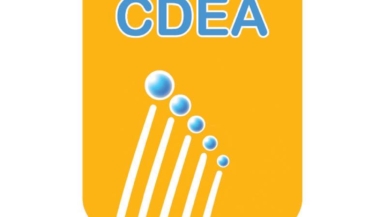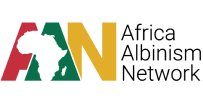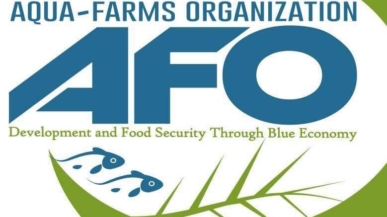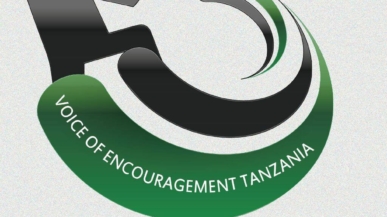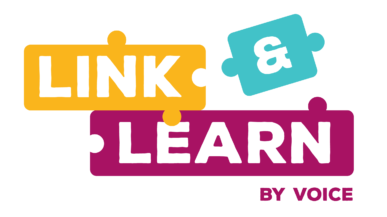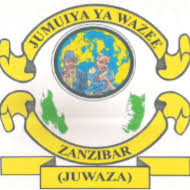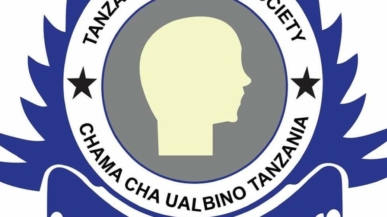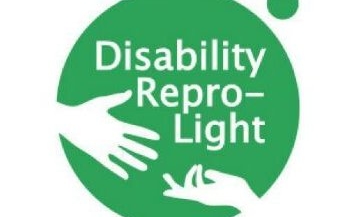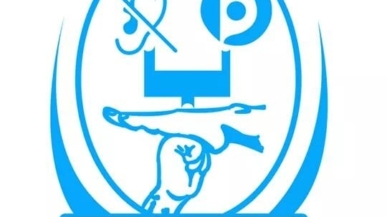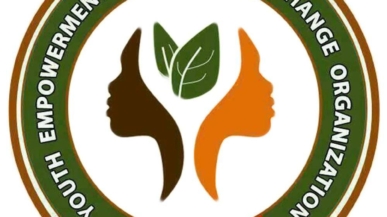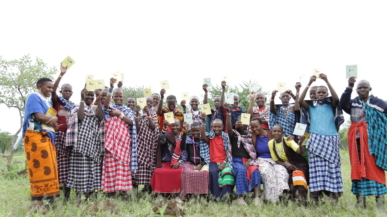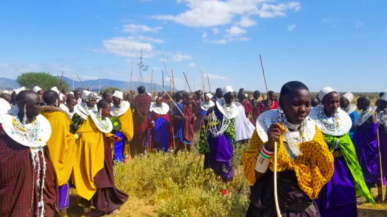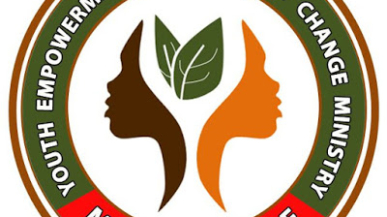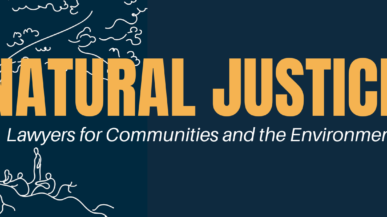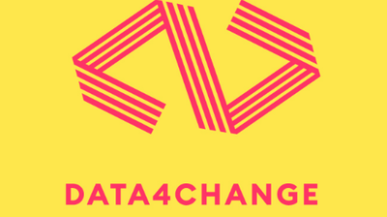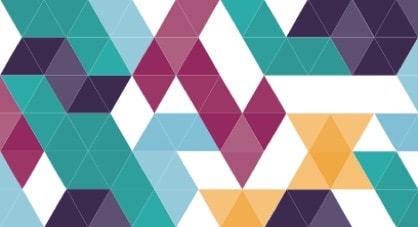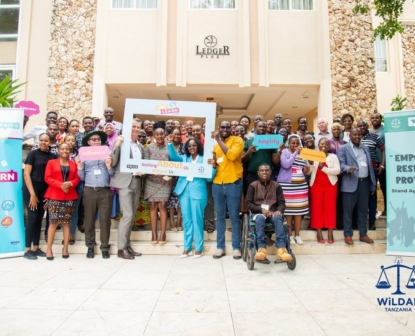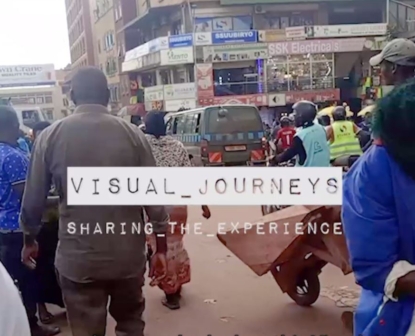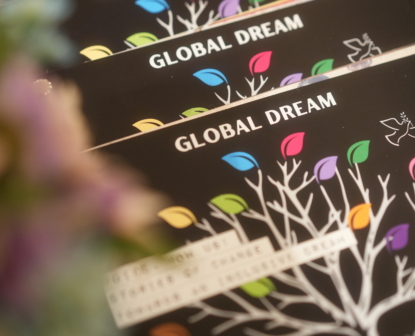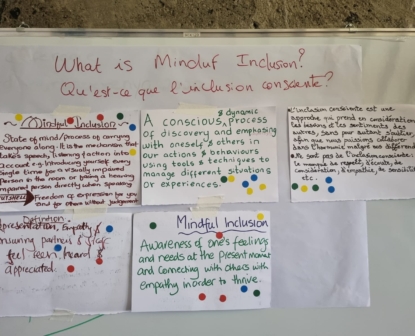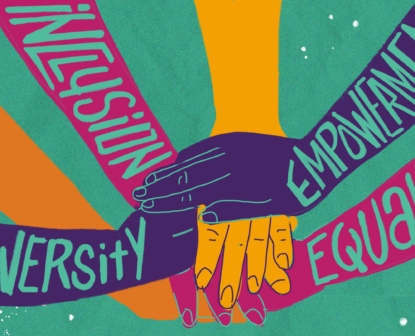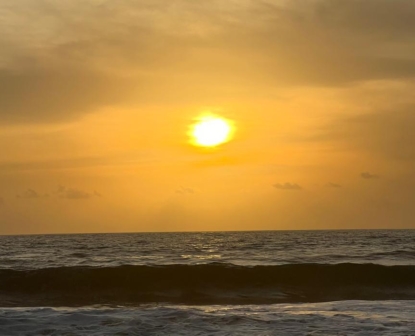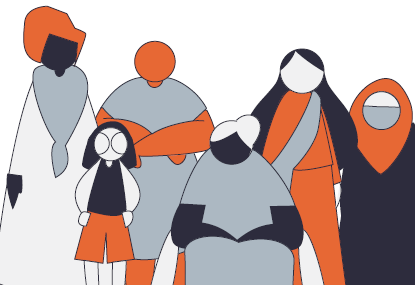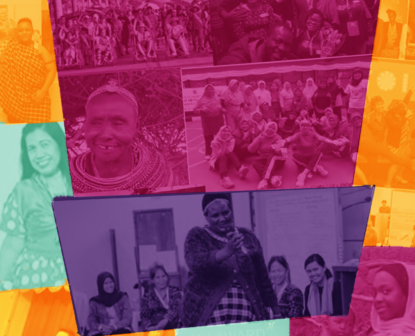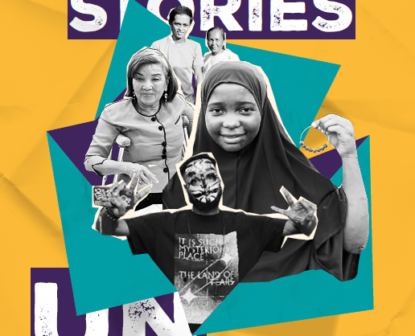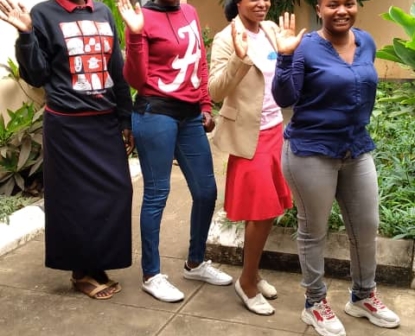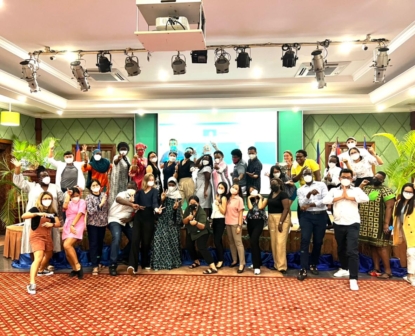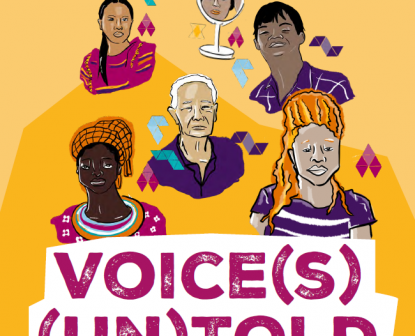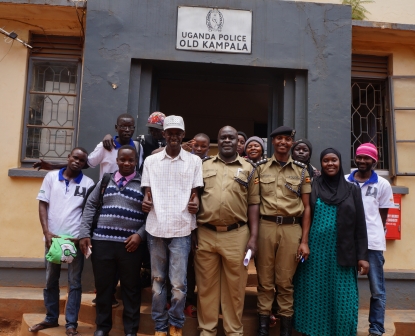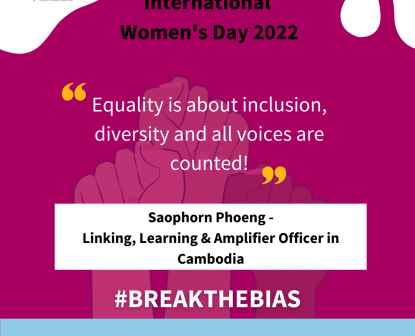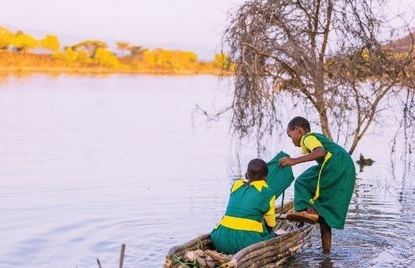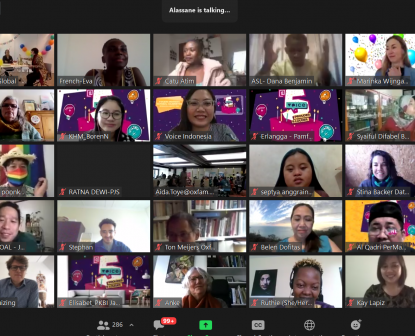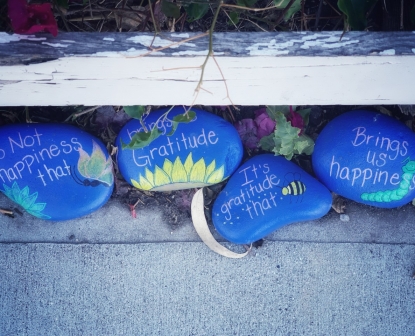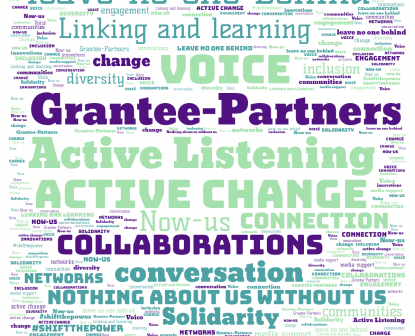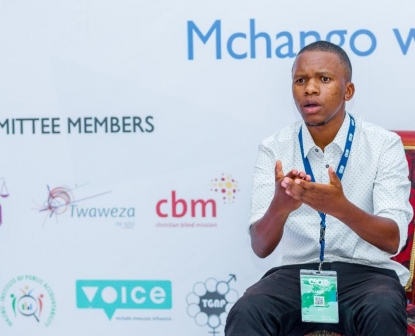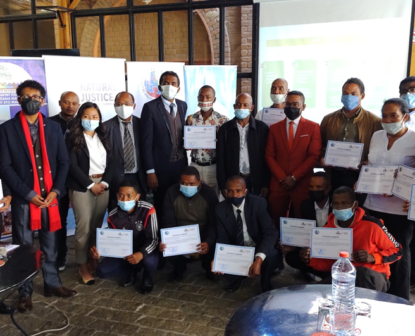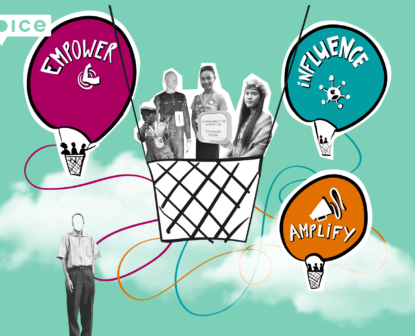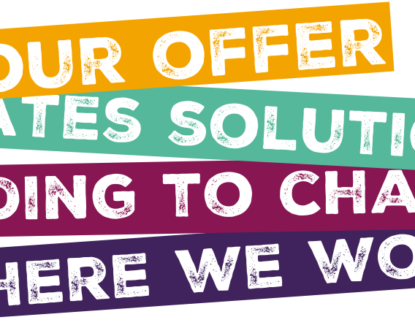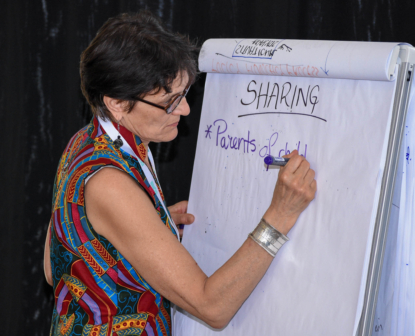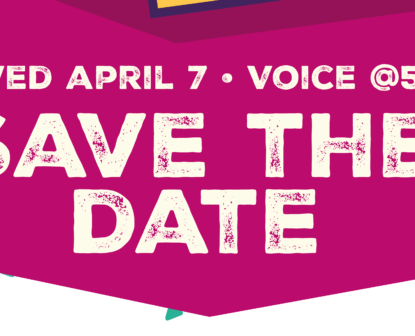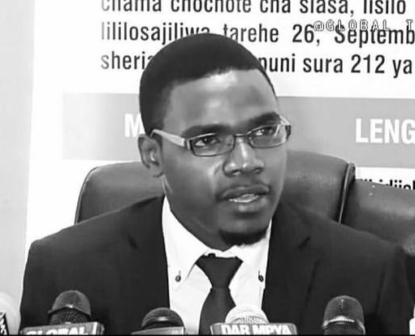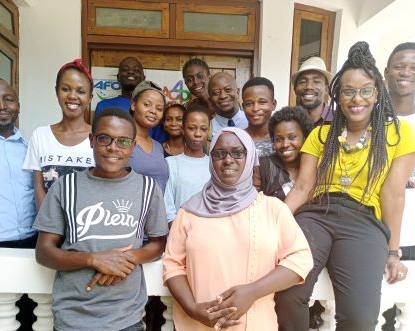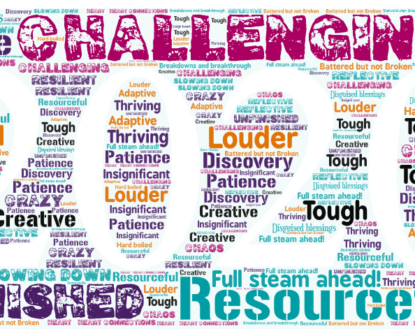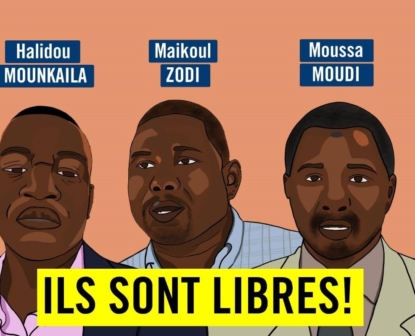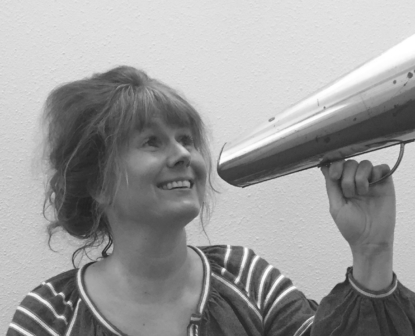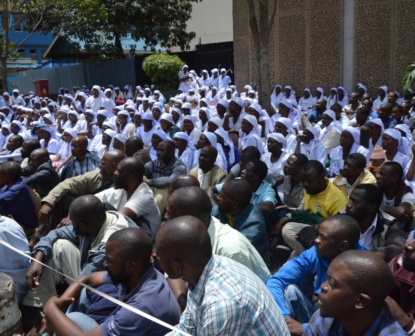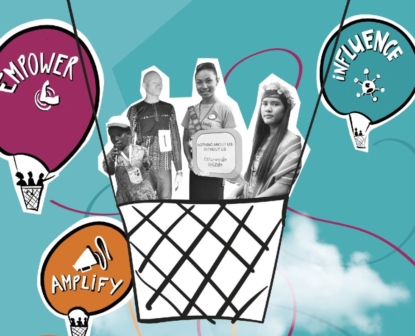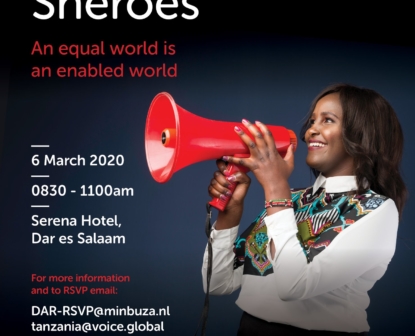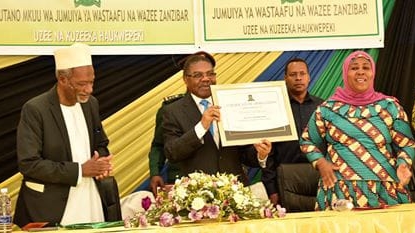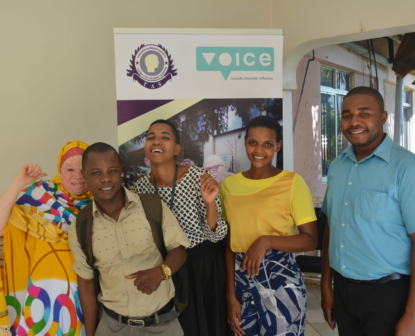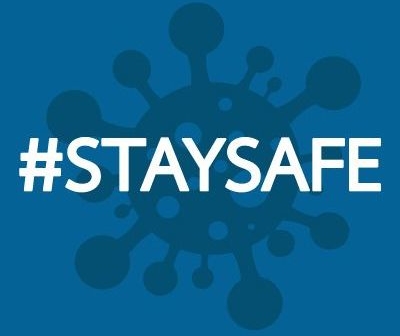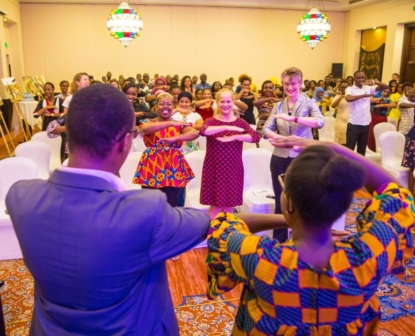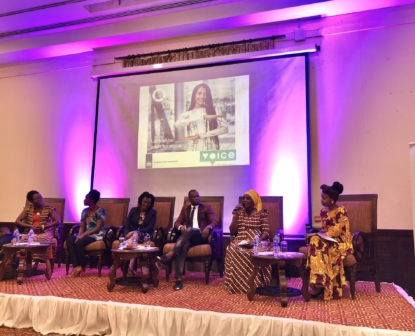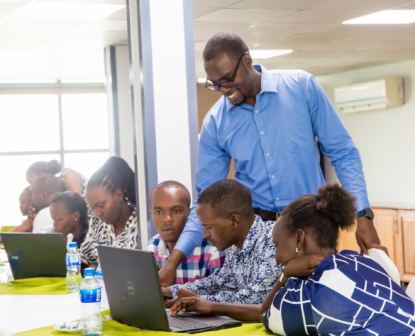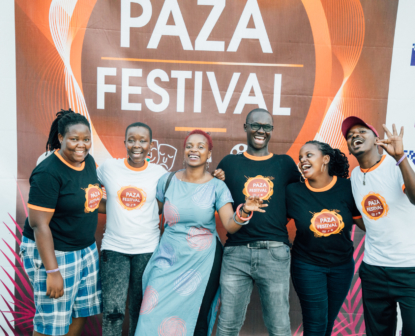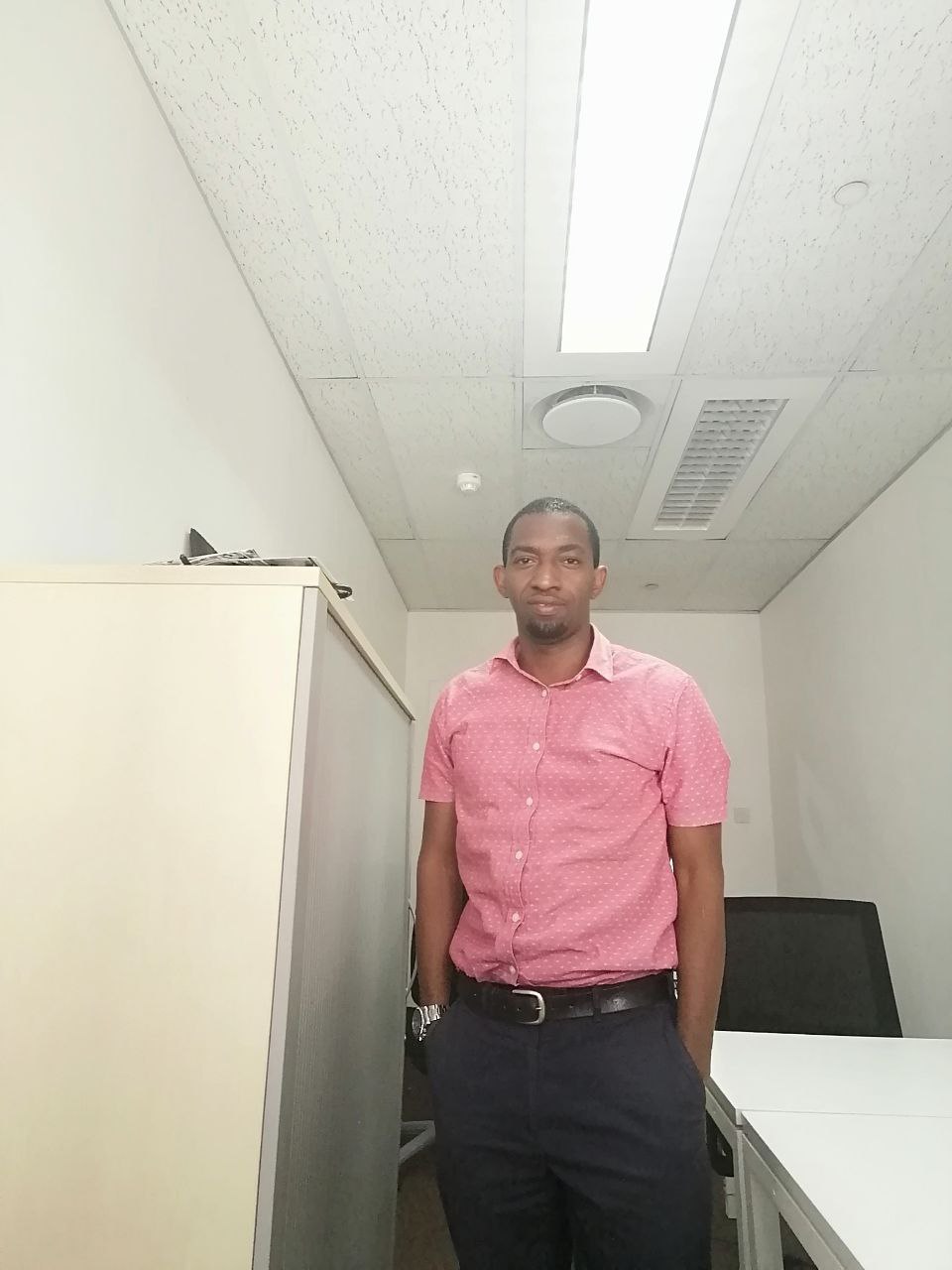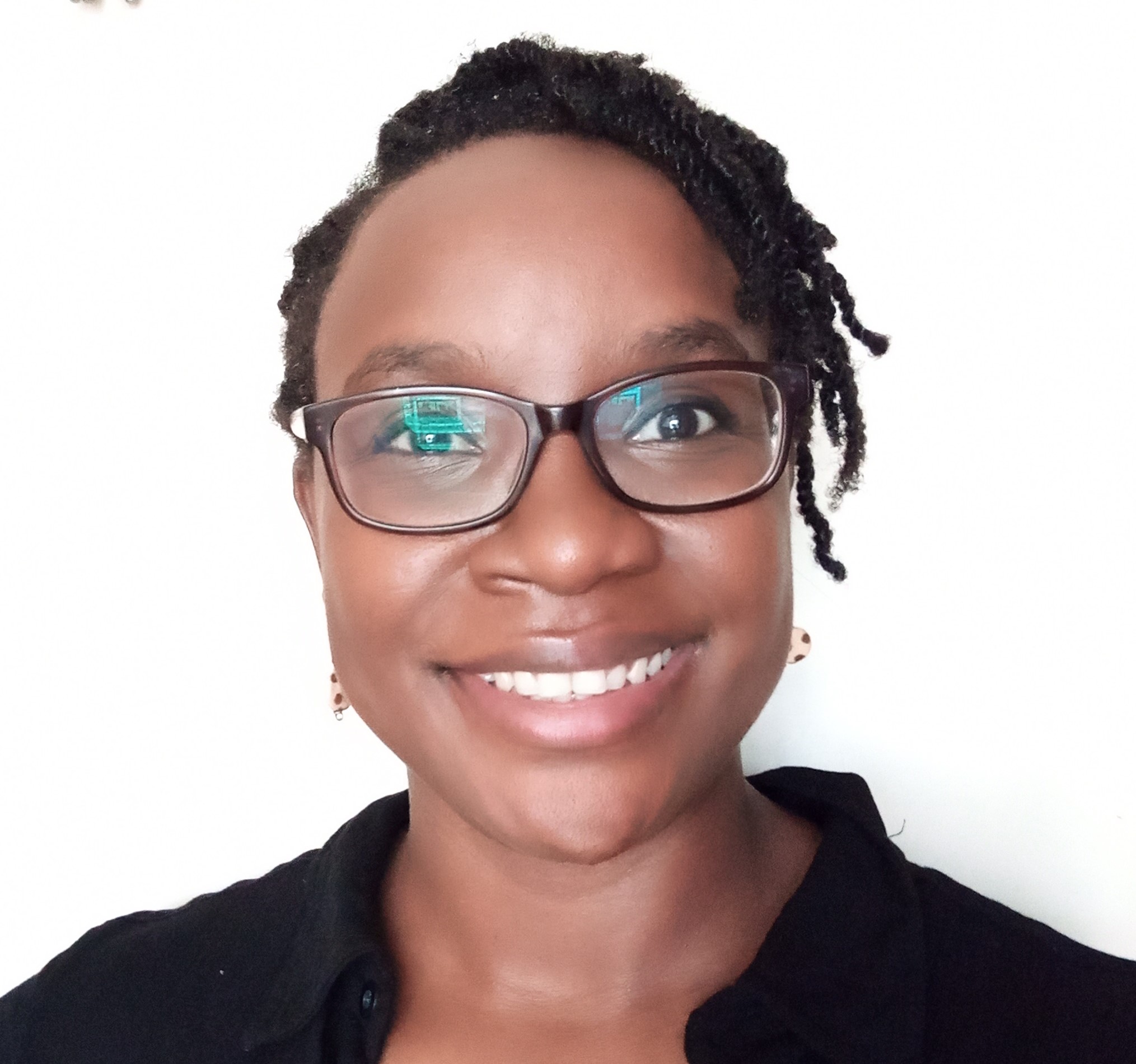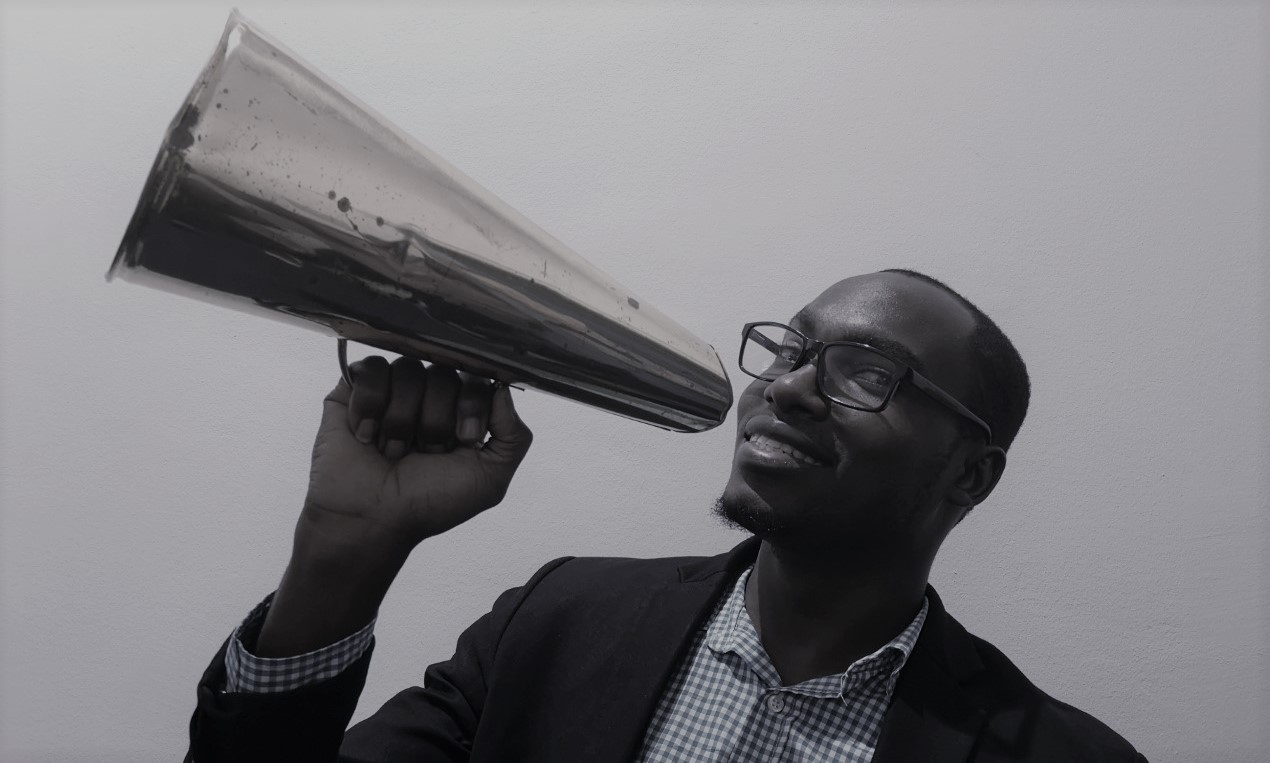
Tanzania
Grant distribution
Latest Voices
Open Calls for Proposals
 40 Empowerment grants
40 Empowerment grants  11 Influencing grants
11 Influencing grants  20 Innovate and learn grants
20 Innovate and learn grants  2 Sudden opportunity grants
2 Sudden opportunity grants -
No Open Calls at the moment in this country. Come back later!
-
We live in a rapidly changing world – some changes may be for the better – others not so much. In order to continue to ground Voice in local lived realities, a country context analysis is organised every other year, engaging many stakeholders, grantees and rightsholders. The analysis is used to frame Calls for Proposals, to support the applications of grant-seekers and to advance the overall learnings .Below follows a summary of the exercise conducted in 2022, capturing the many views and perspectives of Tanzanians. The summary is structured by presenting the big picture and slowly but surely to zoom in on the voices and aspirations of the rightsholders and to zoom out again by sharing the way forward for Voice. This page can also be downloaded at the bottom of the page. In Tanzania, there have been significant changes especially on an evolving political context and increased control by the state, the Coronavirus pandemic (Covid-19) and its potential impact on economic exclusion among rightsholder groups, enactment of draconian laws that restrict peoples’ freedom and access to information and justice. A full report and previous versions can be availed to you upon request. Please contact Tanzania@voice.global
Zooming out
The big picture
-
The Human Development Index is an index that combines data on life expectancy, education, and per capita income to rank countries. In Tanzania, the HDI ranking has gone down from 151 in 2015 to 159 in 2019, despite the economic growth.
-
The IHDI measures the human development cost of inequality, or the overall loss to human development due to inequality. The closer to 1 the more equal a society is. The IHDI can inform policies towards inequality reduction. In Tanzania the Index has not changed much, highlighting the need to meet the needs of individuals are still hard.
-
The GII is an inequality index, measuring the human development costs of gender inequality economically, health- and education-wise. The closer to 0 the better. In Tanzania gender equality has not advanced much and the numbers don't capture the growing numbers of Gender-Based Violence.
-
According to the independent Civicus Monitor which started in 2016, civic space has been in decline over the last few years, and for some groups even faster than for others. In 2020 Civicus put Tanzania on a watch list for increased scrutiny.
Political shifts
Tanzania has made significant political, economic, and social improvements since a new regime gained power in 2021. Even so, the country continues to face significant development challenges, particularly in terms of how economic opportunities are distributed between genders, how quickly the population is growing, the extent of corruption in the country, existing repressive laws, the effects of COVID-19, media censorship, and the abduction of activists. During the late President John Magufuli’s leadership, the government became increasingly aggressive toward anyone who dared to challenge its power. After the death of Tanzania’s populist president in March 2021, President Samia Suluhu Hassan took steps to right her predecessor’s wrongs, such as restricting free speech, jailing journalists and government critics, preventing pregnant students from attending school, violating the rights of women and children, as well as mending frayed relations with the West and bringing neglected projects back on track. Despite the lifting of the media ban in April 2021, the government continues to pursue and control media establishments. Furthermore, there have long been proposals for a constitutional amendment, but the most recent attempt failed in 2014. Since the President took office in 2021, the opposition has been calling for constitutional reform. Tanzania’s ruling Chama Cha Mapinduzi (CCM) party declared in May 2022 that it “insists” on changing the constitution and thereby reforming the country.
Economic shifts
Tanzania’s government has begun changes to improve business and trade. The current president values the private sector and is evaluating policies to create legal and economic reforms that will enable Tanzania’s private sector to prosper. Despite these advances, there are still laws that require foreign corporations to pay more taxes and that give the government more power. COVID-19 and the Russian-Ukrainian conflict have also increased inflation. Due to this, rightsholders and other citizens can no longer afford certain goods, activities, and services. The lack of stable land tenure, which ensures that indigenous communities to not lose their land, is a major barrier to productivity-boosting investments.
Social shifts
Since the election of a new government, Tanzania’s foreign relations have been improved, the COVID-19 pandemic has been handled differently, and the number of women in the cabinet has grown to nine out of the 25 members, including prominent positions. Discussions on the place of women in Tanzanian politics, particularly on social media, have been raised by these appointments. Foreign policy could become more progressive and even feminist in the future. Also, there are plans to abolish a long-standing rule on allowing adolescent mothers to return to school to finish their education.
Access to basic healthcare services has generally improved, as evidenced by the decline in infant mortality (the acknowledged child mortality rate) and mortality among children under the age of five. However, many challenges remain to be solved to reduce maternal mortality. Education spending has recently climbed dramatically, although health spending has fallen both in raw monetary value and as a percentage of the entire budget. Some healthcare services and equipment do not cover people with special needs, putting their lives at risk.
(Invisible) power shifts
Feminists in positions of political power are driving the movement toward greater gender equality. The present government has advocated for women’s rights. Women make up 36% of her cabinet. Following significant criticism, the government has decided to scrap John Magufuli’s widely panned decree that barred pregnant schoolgirls from continuing their studies. The President has made several efforts in her first year in office to encourage peace between political parties and to improve democracy to ensure peace and national unity. Key initiatives include meeting with political parties, relaxing the ban on some media outlets, and forming a task committee comprised of political parties, religious leaders, and civil society organizations to investigate governance issues and provide recommendations for how to address them. Furthermore, debates in parliament are now available to the public once more. The President and her administration lifted the ban on 30 media sites, promising a review of restrictive laws and making it easier for bloggers to function without permits. Despite a power shift from strong state control to moderate state control, the government maintains the status quo in terms of the closure of media outlets seen to be disseminating fake news or being overly critical of the president and the ruling party. In addition, unlike the previous administration, the new administration has treated public servants with dignity and respect. However, the ruling party retains a strong authoritarian streak. This is obvious because there are still restrictions on public rallies, free speech, and censorship.
Covid-19 related shifts
The initial outbreak of the COVID-19 pandemic in the year 2020 caused widespread disruption across all sectors and communities. As a result of the pandemic, gender inequality, unemployment, early marriage and childbirth, and mental health issues worsened throughout this time. The authorities at the time disregarded COVID-19 by proclaiming Tanzania to be COVID-19-free. The President is in the process of dismantling the COVID-19 policies introduced by her predecessor. In July of 2021, the president began the first immunization campaign to use the COVID-19 vaccine. The Tanzanian administration has ordered its citizens to wear masks, reversing a trend established by past regimes afraid to employ lockdowns and social distancing measures. COVID-19 have had an impact on all aspects of the Tanzanian economy, particularly the tourism sector, which is one of the largest contributors to both economic growth and employment opportunities.
Zooming in
Voices behind the picture
- Although the Tanzanian government has policies supporting youth involvement and gender equality, sector-specific regulations and separate departments do not adhere to these policies. For instance, the government has yet to comply with the court’s order to revise the Age of Marriage Act and raise the age of marriage for women to 18 years, after civil society organisations challenged the law as being discriminatory and unconstitutional.
- Foreign policy and the business environment have both been improved since the current administration took office. For instance, to boost tourism and continue attracting investors who want to conduct business in the country, the government launched initiatives like “The Royal Tour”.
- Most draconian laws that affect most young people are still in place, despite the change in regime and power shift from total state control to moderate-to-low state control. These laws include the Electronic and Postal Communications (Online Content) Regulations, parts of the 2015 Cybercrimes Act, the NGO Act and Societies Act, 2019, the media service Act and the Statistic Act, 2019. So, policy and constitutional reforms are needed to protect the rights of youth and communities.
- Equally, same-sex relationships are not recognized under Tanzanian law, and sexual activity and same-sex activities are both prohibited. A long prison sentence or even life in prison can be handed down for engaging in same-sex sexual acts. Over the course of the last five years, the government has maintained a strict policy of zero tolerance for all forms of same-sex sexual activity. However, with the new regime there is a glimpse of positive changes based on the current president’s less confrontational style of leadership compared to her predecessor. This is raising optimism for policy reform and a reopening of civic space. Thus, there is a need for influencing the reversal these policies that undermine LGBTI rights.
- The Disabilities Act No. 9 of 2010 in Tanzania protects the rights of people with disabilities. This act explicitly protects the rights of people with disabilities. Yet, most employers and society have been ignoring the legislation. In addition, people with disabilities are still subject to discriminatory cultural norms, both of which contribute to their economic and political marginalization.
- A long-standing ban on teenage mothers going back to school to finish their education has been lifted. A High Court ruling has also ordered the government to change the minimum age of marriage for girls from 16 to 18. However, this change has not yet been made.
- The new government has started working to grow the economy. This has made it easier for women and young people to find better opportunities and access financial inclusion and business development services. However, women in Tanzania are still oppressed and face different kinds of abuse and violence, like gender-based violence and female genital mutilation (FGM). FGM and early child marriages are still common in rural areas.
Their aspirations
For the last five years, Tanzanian authorities under John Magufuli have been systematically attacking LGBTI people’s rights, including their right to health care, employment, and education. Several police raids were conducted by the state on health and rights activists’ meetings and training sessions, including potentially life-saving sessions regarding HIV, and arresting participants. The raids had instilled fear within activist communities and among service providers and communities. There is budding optimism for policy reform and a reopening of civic space with the regime change. Thus, the aspirations of lesbian, gay, bisexual, transgender and intersex (LGBTI) people include but are not limited to adequate services for the community and others who are particularly vulnerable to HIV, access to economic empowerment opportunities, reversal of policies that undermine LGBTI rights, ending arbitrary arrests of LGBTI people, and banning of forced anal examinations that are used as spurious evidence of homosexual conduct.
People with Disabilities (PWDs), whether they are women or men, want to realise their potential to be productive members of society, as stated by the respondents during the validation workshop. However, since systems, guidelines, and environment are not enabling, most people with disabilities continue to experience exclusion in most areas of life. In rural areas, where myths and misconceptions prevail more widely, the situation is much more severe. As a result, it was determined that one of the top priorities is to foster more inclusive communities by developing schools that are more friendly to people with disabilities and boosting the availability of jobs to PWDs. In addition, PWDs seek the provision of vocational training that is relevant to the needs of the labour market as well as employment that is suitable to the individual’s talents, interests, and abilities, with reasonable accommodations made as necessary.
The aspirations that young people have set for themselves in the current environment include achieving financial inclusion, gaining access to sexual and reproductive health services that are provided in a friendly environment, achieving gender equality, and achieving equal representation and involvement in the decision-making bodies.
Even though Tanzania has an ageing policy that recognizes the rights of older people, those rights are still routinely disregarded when it comes to allocating funds and making plans for the development of supportive environments for Tanzania’s elderly. For instance, the 10 percent budget allocation at each municipal level is only for young people, women, persons with disabilities, and businesses from the informal sector. This leaves elderly people behind in the process of development. In addition, many elderly people are still excluded from formal social security schemes and do not have access to free medical treatment most of the time. Those bases in rural areas are more affected than those in urban area. The top aspiration of the elderly are fully accessible to cost-free medical treatment and drugs, a reduction in the amount of time spent waiting in line at health centres, and safety from both financial and human abuse.
Since indigenous people and ethnic minorities share strong attachments, the following have been determined to be their aspirations throughout the course of the analysis. These aspirations include, but are not limited to, cultural rights, education, employment, participatory development, rights to land and natural resources, and the impacts on identity.
Even though the COVID-19 pandemic has hampered efforts to achieve equality for women in Tanzania, advancements in women’s rights under the leadership of Samia Suluhu Hassan have been more visible than under her predecessor. However, tangible actions are needed to ensure that all women and girls, in all their diversity, have the right to access health care services, equitable opportunities, gender equality, and protection against child marriage, GBV, and FGM. “There is still a major exclusion of women from resource ownership due to religion and traditional views, as well as low representation in leadership roles, notably in political participation and involvement at the decision-making level.” said one respondent from an in-depth interview. Since there is legislation that protects women from violence, such as the Sexual Offences Special Provisions Act (SOSPA), among the top aspirations for women include policy reform especially the Age of Marriage Act and re-entry policy, improved sexual and reproductive health services, reduction of GBV, and eradication of FGM and financial inclusion and economic empowerment for women.
Zooming out
Fostering change
Based on these reflections, the Tanzania context seems to be slowly opening up since the last update to the context analysis in 2020. This has resulted from a change in regime particularly the new female president who has voiced a more tolerant approach towards political opposition, media, activists, and NGOs, even urging them to consult the law for guidance on constitutional reform and other political activities. Even though there have been some positive changes under the current regime, there is a need for an intervention to influence change of the oppressive laws that were made during the John Magufuli era. It is very important to have an influence on policy reform to make sure that voice rightsholders’ rights are protected by the law and that there are specific rules for certain activities that lead to development.
Based on the reflections from the findings Voice can promote change through:
- Voice can support grantees who work around good governance and have the legal background to promote constitutional reform. This is importance because the most contentious issue in the country is whether to modify the constitution before the next national elections in 2025.
- Because of the ongoing abuse of women’s and children’s rights and/or bullying, it is necessary for Voice to support strategic litigation to influence policy frameworks and legislative reforms. There is a need to continue empowering women due to the increased gender-based violence in Tanzania.
- Support initiatives to enhance the capacity of the LGBTI community in legal literacy and human rights, for them to be able to exercise their legal rights.
- Based on what is currently happening in Ngorongoro eviction of Maasai from their land by the government, there is a need to support legal aid awareness and service provision to indigenous and ethnic minorities on land grabbing issues.
- Encourage the provision of financial inclusion services to underserved youth, with a particular focus on rural and female youth. Also, put an emphasis on programmes aimed at improving the skills of young people.
- Support advocacy for free medical care among the elderly and enabling people entitled to pension plans and other types of compensation to have access to their rights.
-
-
Grants

-
Grantee
![Talent is equally distributed, but opportunity is not]()
Talent is equally distributed, but opportunity is not
Culture and Women Advancement Foundation (CWAF) -
Grantee
![Advocating for Decent Work for Domestic Workers in Tanzania]()
Advocating for Decent Work for Domestic Workers in Tanzania
Wotesawa Domestic Workers Association -
Grantee
![Support For Employment Opportunities of Youth with Disabilities in Morogoro Municipality]()
Support For Employment Opportunities of Youth with Disabilities in Morogoro Municipality
Social and Economic Empowerment of the Disadvantaged Trust (SEED Trust) -
Grantee
![Kijiwe Cha Kahawa: Promotion of Small Scale Women Vegetable Farmers & Vendors in Urban Area]()
Kijiwe Cha Kahawa: Promotion of Small Scale Women Vegetable Farmers & Vendors in Urban Area
Transformative and Integrative Build Out for All (TIBA) -
Grantee
![Empowering women to promote community change]()
Empowering women to promote community change
Foundation for Research and Assistance in Law (FRAL) -
Grantee
![We RISE: Coastal Young Women Girls and Adolescents]()
We RISE: Coastal Young Women Girls and Adolescents
Women Action Towards Economic Development (WATED) -
Grantee
![Celebrating Inclusion: Now Us Organizer]()
Celebrating Inclusion: Now Us Organizer
Tanzania Support for Women's Rights Culture & Development East Africa (TASUWORI & CDEA) -
Grantee
![Bahari HUB Yetu, Ukombozi wa Wanawake]()
Bahari HUB Yetu, Ukombozi wa Wanawake
Aqua Farm Organization Arts and Culture for Development -
Grantee
![Connecting Voice(s) in Tanzania]() Linking and Learning Facilitation
Linking and Learning FacilitationConnecting Voice(s) in Tanzania
Women in Law and Development in Africa (WiLDAF) -
Grantee
![Making Health Care Services Friendly]()
Making Health Care Services Friendly
Zanzibar Association for Retirees and Older People (JUWAZA in Swahili) -
Grantee
![Investing in students with disabilities]()
Investing in students with disabilities
Organisation of Special Needs Education Teachers (OSNET) - Call for Proposal
Wito wa Mawazo–Ruzuku zenye mawazo ya Ubunifu na Kujifunza-V-21180-TZ-IL
closing date: 25 Jun 2021Closed
 Grantee
Grantee![Talent is equally distributed, but opportunity is not]()
Talent is equally distributed, but opportunity is not
Culture and Women Advancement Foundation (CWAF)Grantee![Advocating for Decent Work for Domestic Workers in Tanzania]()
Advocating for Decent Work for Domestic Workers in Tanzania
Wotesawa Domestic Workers AssociationGrantee![Support For Employment Opportunities of Youth with Disabilities in Morogoro Municipality]()
Support For Employment Opportunities of Youth with Disabilities in Morogoro Municipality
Social and Economic Empowerment of the Disadvantaged Trust (SEED Trust)Grantee![Kijiwe Cha Kahawa: Promotion of Small Scale Women Vegetable Farmers & Vendors in Urban Area]()
Kijiwe Cha Kahawa: Promotion of Small Scale Women Vegetable Farmers & Vendors in Urban Area
Transformative and Integrative Build Out for All (TIBA)Grantee![Empowering women to promote community change]()
Empowering women to promote community change
Foundation for Research and Assistance in Law (FRAL)Grantee![We RISE: Coastal Young Women Girls and Adolescents]()
We RISE: Coastal Young Women Girls and Adolescents
Women Action Towards Economic Development (WATED)Grantee![Celebrating Inclusion: Now Us Organizer]()
Celebrating Inclusion: Now Us Organizer
Tanzania Support for Women's Rights Culture & Development East Africa (TASUWORI & CDEA)Grantee![Bahari HUB Yetu, Ukombozi wa Wanawake]()
Bahari HUB Yetu, Ukombozi wa Wanawake
Aqua Farm Organization Arts and Culture for DevelopmentGrantee![Connecting Voice(s) in Tanzania]() Linking and Learning Facilitation
Linking and Learning FacilitationConnecting Voice(s) in Tanzania
Women in Law and Development in Africa (WiLDAF)Grantee![Making Health Care Services Friendly]()
Making Health Care Services Friendly
Zanzibar Association for Retirees and Older People (JUWAZA in Swahili)Grantee![Investing in students with disabilities]()
Investing in students with disabilities
Organisation of Special Needs Education Teachers (OSNET)Call for ProposalWito wa Mawazo–Ruzuku zenye mawazo ya Ubunifu na Kujifunza-V-21180-TZ-IL
closing date: 25 Jun 2021Closed -
Link + Learn


Voice Tanzania Hivos East Africa Local Office P.O. Box 38266 Dar es Salaam, Tanzania Tel: +255 266 4301 / 4 Fax: +255 266 4308 tanzania@voice.global

